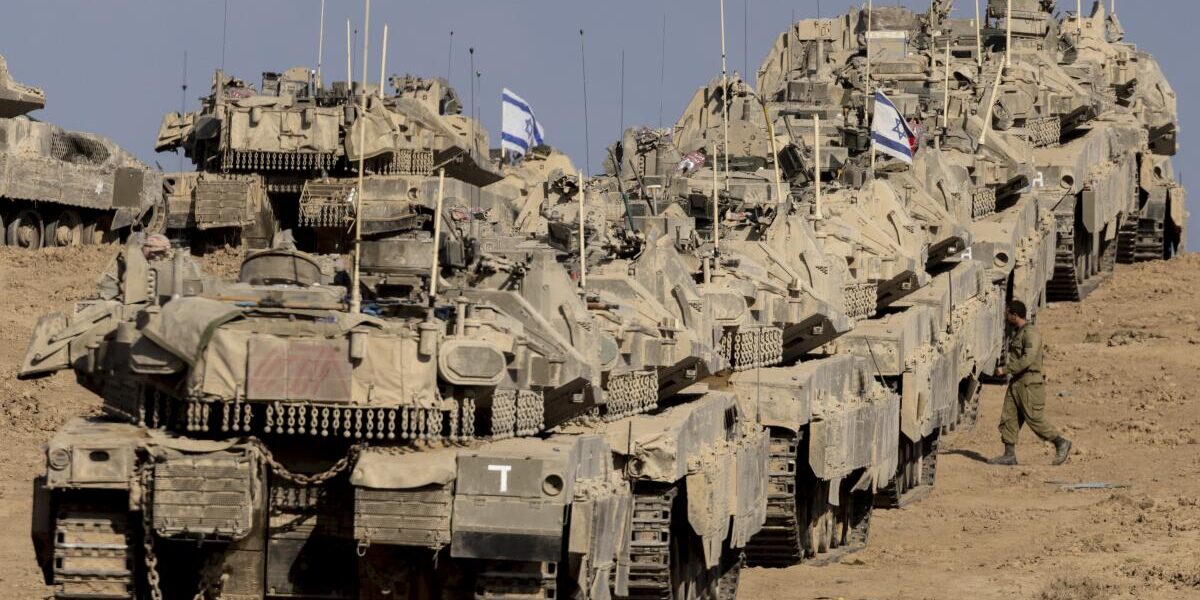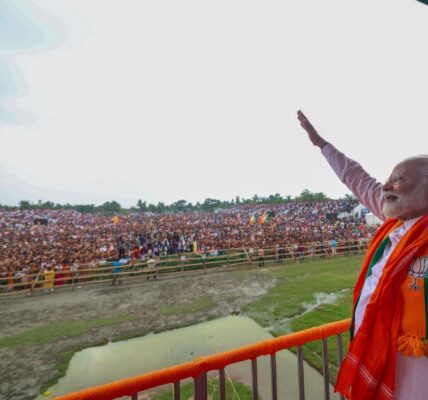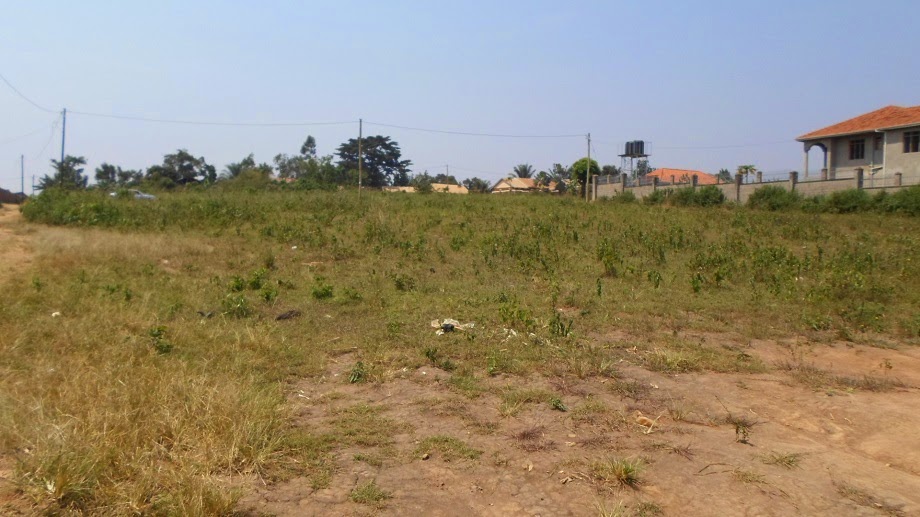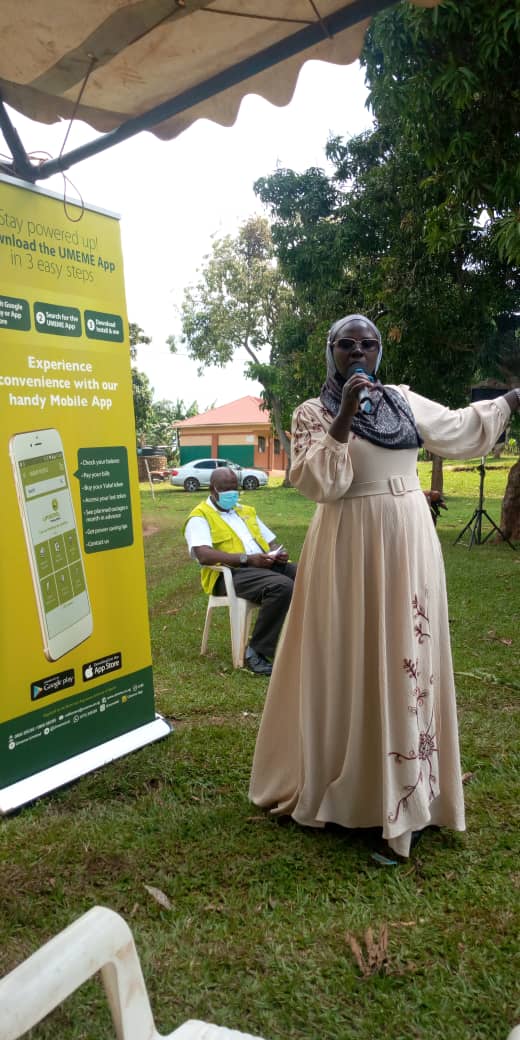Israel is increasingly isolated as its military campaign in Gaza continues to fuel global backlash. The shift is unmistakable: Britain, Canada, Australia, Portugal, France, Belgium, and Monaco have all recognized Palestinian statehood, adding momentum to a global trend. Now, 151 of 193 UN members back Palestine — a clear diplomatic majority.
Prime Minister Benjamin Netanyahu has acknowledged Israel’s worsening international image. His answer: doubling down on the arms industry, which has become Israel’s economic lifeline. In 2024 alone, defense exports hit a record $14.7 billion, with Europe serving as a key customer base. Israeli weapons — from the Arrow interceptor to upgraded F-35 fighters — remain highly sought after, often promoted as “battle-tested.”
But cracks are emerging. Countries once seen as close partners, including the UK, France, Spain, and the UAE, are restricting arms sales and blocking Israel from defense showcases. Meanwhile, protests worldwide underscore the widening gap between Israel’s military actions and its global legitimacy.
The result is a paradox: Israel’s military strength is growing, but its political support is eroding. Experts warn that sustaining this path could leave Israel armed but isolated, a state secure on the battlefield yet increasingly vulnerable in diplomacy and trade.






